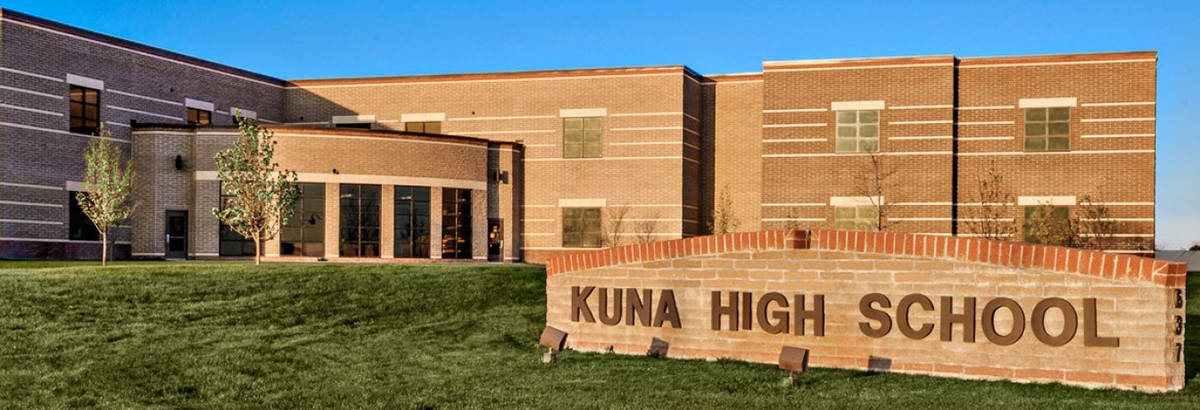


Local governments in Idaho have the responsibility to take action now to prepare their residents for the economic consequences of the COVID-19 pandemic and the statewide stay-at-home order. It has been a slow crawl, but over the course of the past month, local governments have made both small and big decisions that will benefit their constituents in the days and months to come.
Some taxing districts have been mindful to not spend money on planned, but non-essential, projects. For instance, the city of Boise cancelled the start of a series of projects to revamp the Boise Airport. The city was supposed to begin construction work on this multimillion-dollar, three-year project this month, but decided not to in the wake of the COVID-19 pandemic.
Some districts have recognized that changing circumstances have changed their staffing needs. For instance, the Kuna School District has furloughed 145 non-teaching employees due to school closures.
Other taxing districts have been mindful that cutting their budget now can save taxpayers money next year. For instance, the city of Nampa initiated a 1% cut to its current year’s budget — totaling about $580,000. Nampa has also made responsible staffing cuts, furloughing 87 employees (who mostly work in shut-down facilities) and actively choosing not to fill some open positions.
Some taxing districts are no longer enforcing parking rules, which helps those who still have to go to work to park as close as possible to their final destination. For instance, Boise has relaxed its enforcement of downtown parking, and both the city of Nampa and the Capital City Development Corporation have suspended monthly parking fees.
In at least one city, certain charges are being waived for city services. In Pocatello, the city has waived its 3% charge for using credit and debit cards, as a way to encourage residents to pay their city bills remotely.
And, most importantly to economic preservation, some localities are changing their local licensing regulations. For instance, Nampa is allowing extensions of the deadline to renew city alcohol licenses. This allows businesses affected by the statewide stay-at-home order to breathe a sigh of relief, since they do not have to meet an impending deadline.
Making these decisions is hard, but local governments cannot live in a safe space. Government is subject to the same economic consequences that private organizations are subject to, including a loss of revenue and strains on their ability to retain certain staff. Local governments are beginning to make hard decisions that will save taxpayers from overwhelming taxation next year.


